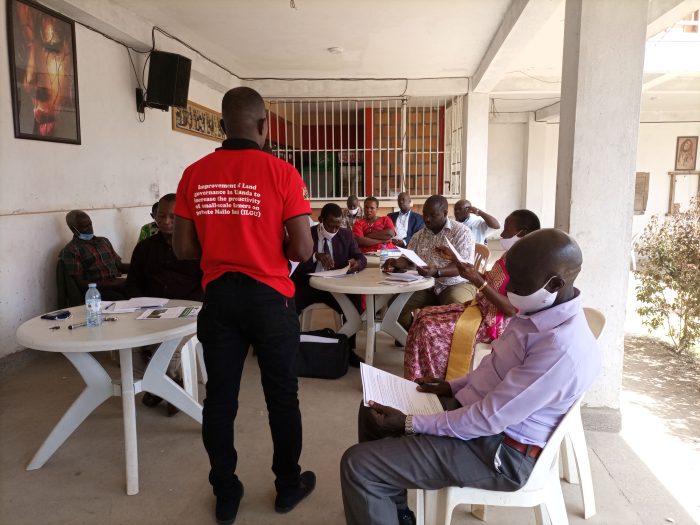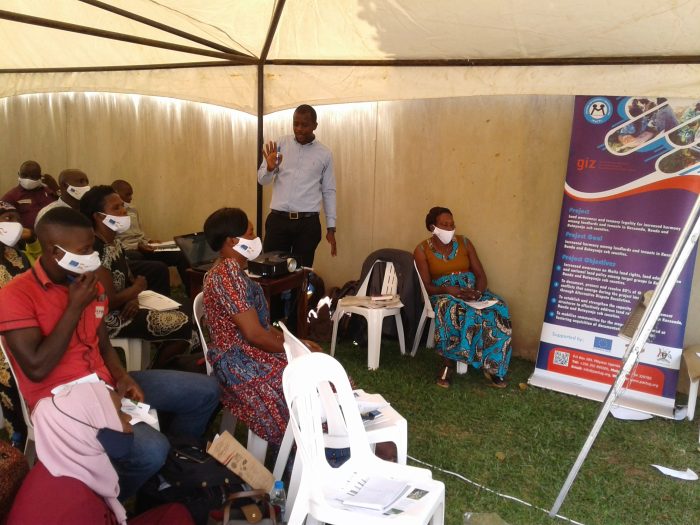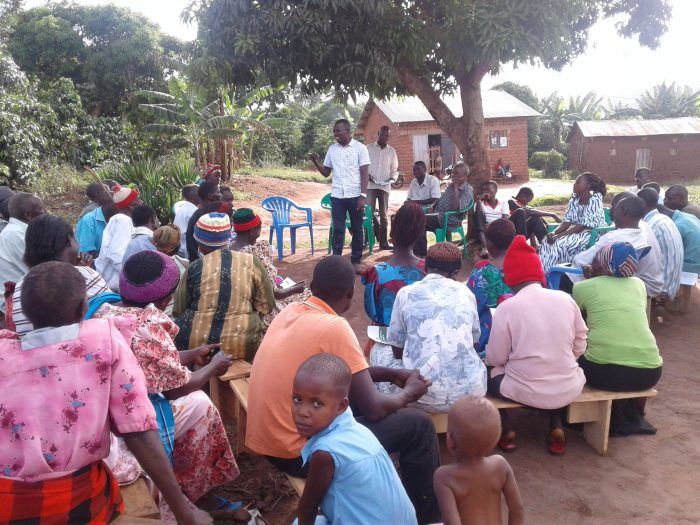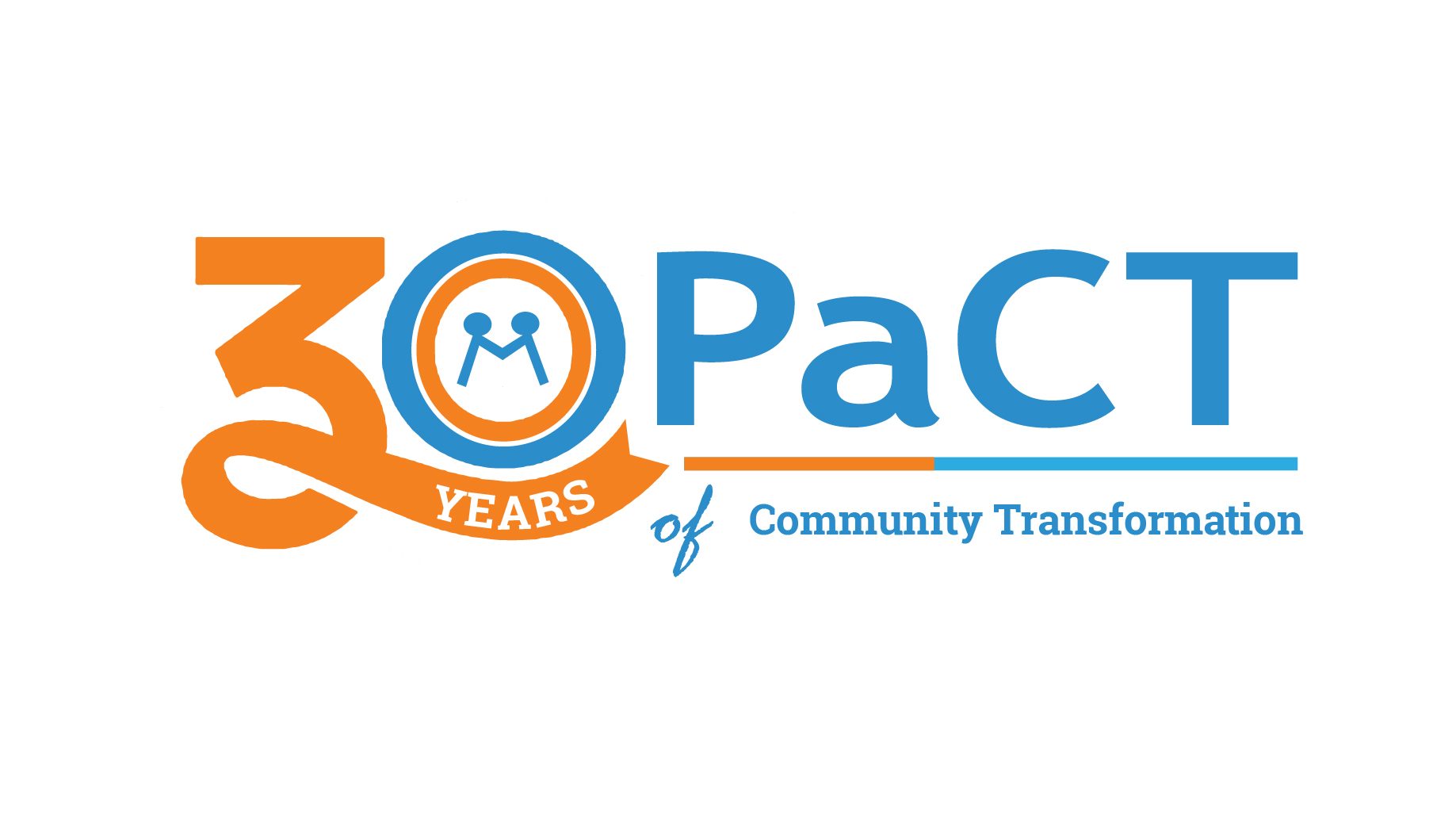A part from political related conflicts, land conflicts are the second most frequent forms of conflicts experienced in Uganda today and this is because of the economic value attached to land being the primary source of livelihoods. (USAID SAFE, conflict assessment report, February 2016). This comes despite existence of several institutional and legal frame work in regard to land such as; the constitution of the Republic of Uganda 1995, and the Land Regulations of 2004. There exist several incidences of forced evictions, fake land transactions, denial of land inheritance restricted land access and use, boundary disputes as well as illegal encroachments affecting especially women.
PaCT has worked with Independent Development Fund before and currently with GIZ and European Union to address some of the recommendations cited in the USAID SAFE, conflict assessment report, February 2016 that include; training communities on managing tensions over land, training community leaders to take a proactive lead to ensure growing tensions over land are resolved to prevent violent attacks, mob justice and revenge acts and peace actors playing a major role in increasing knowledge about land policy and legal literacy within local communities.
The project is further aimed at creating a harmonious society by reducing the number of tenants being vulnerable to land evictions, harassment and disinheritance, by giving them knowledge, tenants and land owners are empowered to protect their land rights, fulfil their roles and adhere to related restrictions for harmonious co-existence.
The project further aims at strengthening capacity of the community supportive structures and systems through the available leadership settings to enable these structures to mediate land disputes and resolve them at community level with few or no cases referred to courts of law. In this regard, Sub-county mediation committees and Community Legal Volunteers are trained in land laws and conflict resolutions.




